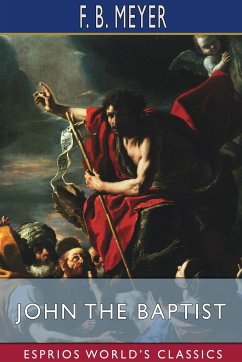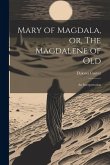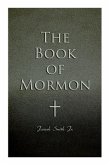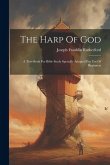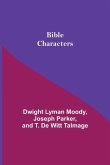Frederick Brotherton Meyer (8 April 1847 - 28 March 1929), a contemporary and friend of D. L. Moody and A. C. Dixon, was a Baptist pastor and evangelist in England involved in ministry and inner city mission work on both sides of the Atlantic. Author of numerous religious books and articles, many of which remain in print today, he was described in an obituary as The Archbishop of the Free Churches. Meyer was part of the Higher Life movement and preached often at the Keswick Convention. He was known as a crusader against immorality. He preached against drunkenness and prostitution. He is said to have brought about the closing of hundreds of saloons and brothels.
Hinweis: Dieser Artikel kann nur an eine deutsche Lieferadresse ausgeliefert werden.
Hinweis: Dieser Artikel kann nur an eine deutsche Lieferadresse ausgeliefert werden.

